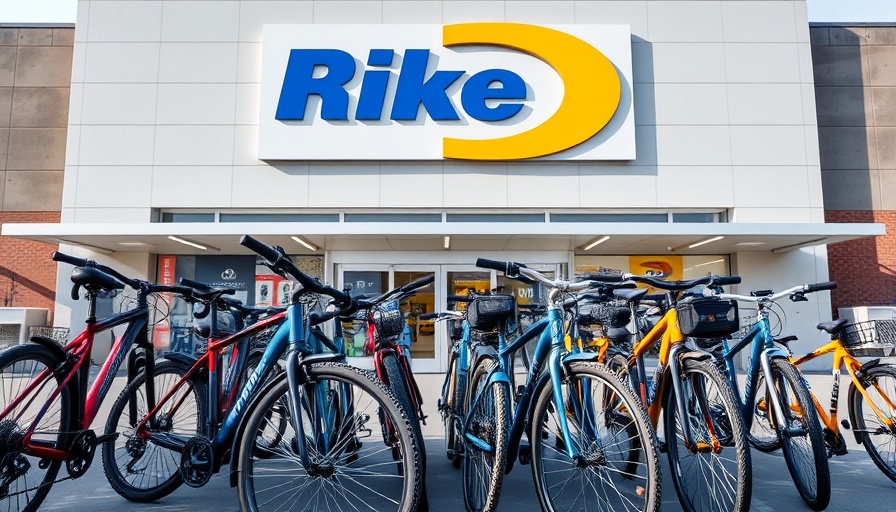
The Rise of High Compensation Packages in India's Tech Industry
In recent discussions among tech professionals in India, a Walmart employee initiated a hot debate surrounding the increasing trend of compensation packages exceeding ₹1 crore for techies with as little as four or five years of experience. This discourse laid bare the evolving landscape of tech salaries in the country. As organizations like Microsoft and Apple enter the conversation, responses are understandably varied. While some argue that such compensation is becoming increasingly achievable, others remain skeptical, questioning the sustainability of these inflated figures.
A Divided Opinion in the Tech Community
The online platform Blind, known for its anonymity, has become a sounding board for tech professionals across various organizations. One key post from a senior Walmart techie drew attention to their disbelief at junior employees claiming salaries past ₹1 crore, igniting a poll to evaluate what a reasonable salary should be for someone with approximately 13 years of experience in data engineering. The responses indicated a shift in salary expectations; around one-third of responders viewed ₹75 lakh as a reasonable figure, while many considered ₹1 crore a legitimate expectation.
Contrasting Views From Major Players
Interestingly, individuals from Microsoft painted a more optimistic picture, suggesting salaries nearing ₹90 lakh to ₹1.5 crore are within reach for those with around eight years of experience, particularly at top-tier firms. Conversely, feedback from Apple professionals pushed back against this trend, maintaining that ₹75 lakh is a more widespread benchmark, with salaries above ₹1 crore typically reserved for elite roles.
Inflated Figures or Market Reality?
The skepticism isn't unfounded. According to professionals from JPMorgan Chase, the concern over inflated salary figures reflecting an unrealistic picture of the market holds valid weight. Many mid-level engineers remain poised to secure compensation between ₹20-25 lakh, underscoring the competitive nature of the industry. This disparity highlights that while a select few might earn salaries beyond ₹1 crore, the majority of tech professionals experience a much different reality.
The Disparities Between Elite Firms and Mass-Market Employers
This ongoing debate sheds light on a critical issue facing the workforce: the widening gap in compensation structures across different companies. For example, professionals at mass-market IT firms can expect an average salary of around ₹15 lakh for seven to nine years of experience. Such figures starkly contrast with those at elite firms, illustrating an increasingly stratified salary landscape.
Salary Bands and Future Trends
As part of this discussion, a deeper dive into salary bands reveals some intriguing insights, with select firms offering packages reaching ₹80 lakh for those with four to five years of experience. Those at this level can potentially advance to salaries nearing ₹1.3-1.4 crore as their experience grows, and even touch ₹2.2 crore for seasoned professionals surpassing a decade in the field. This suggests a correlation between experience and compensation, although the threshold for entering higher salary brackets remains rigorous.
Implications for HR Professionals
For HR professionals and payroll managers, understanding these shifting salary dynamics is essential. Adapting compensation strategies in line with current trends and market realities can help in talent retention and ensuring competitive employee benefits. Accurate compensation benchmarking based on evolving expectations can also enhance employee engagement, fostering workplace satisfaction.
Final Thoughts
In conclusion, the ongoing debates about tech compensations highlight an essential aspect of modern workforce dynamics. As the tech industry in India continues to evolve, it becomes vital for companies to stay informed about the trends and employee expectations. HR best practices now demand a nuanced understanding of these disparities to create sustainable compensation strategies.
As you navigate through these changing landscapes, consider how your organization can approach payroll management more effectively. Whether through HR technology solutions, benefits optimization, or insightful applications of workforce analytics, the time is ripe for reevaluating and innovating within compensation and benefits frameworks.
 Add Row
Add Row  Add
Add 




Write A Comment